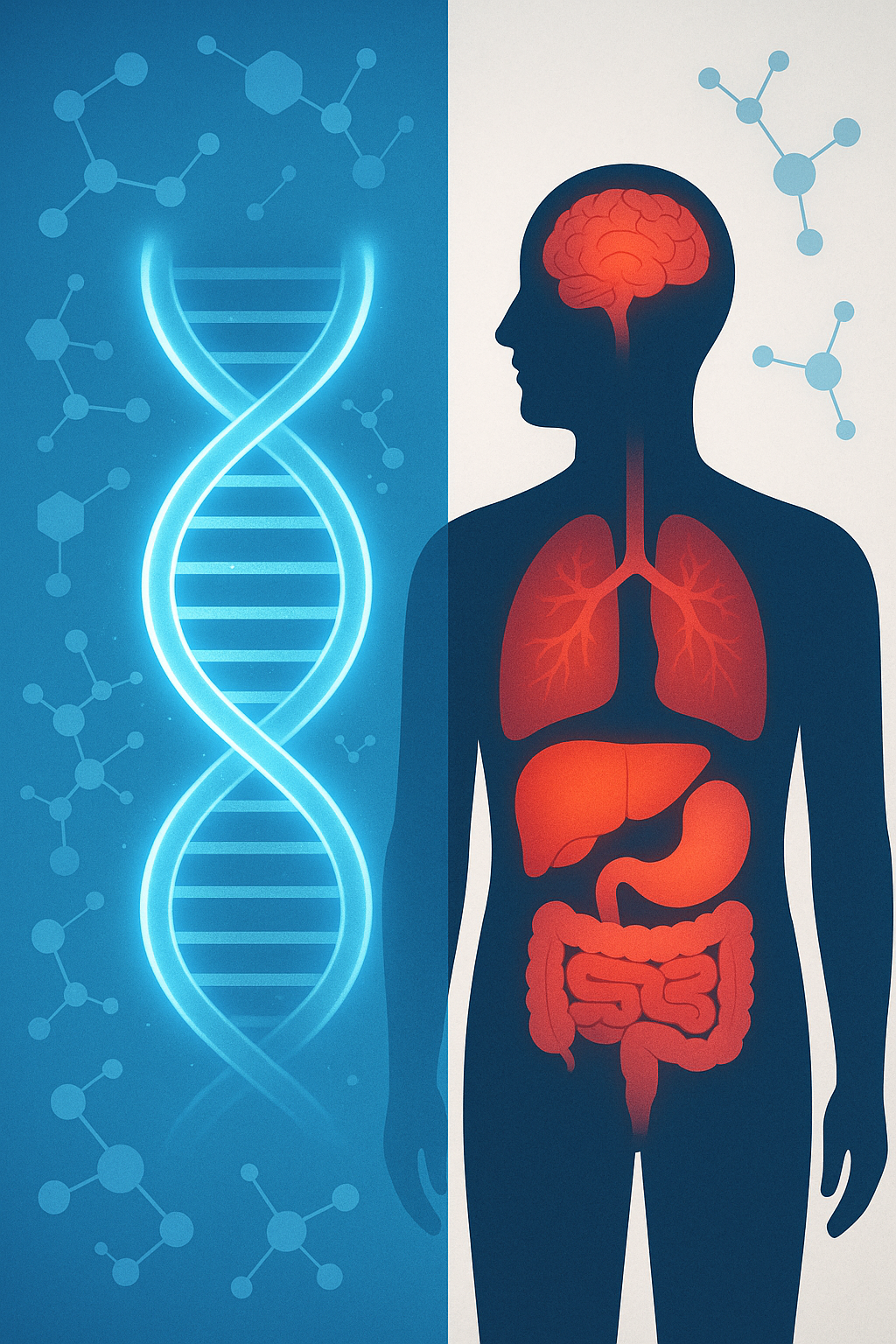New research suggests that some of the same drugs used to treat diabetes and obesity could also help people struggling with alcohol use disorder (AUD) — a condition that affects millions worldwide.
Researchers from the U.S. National Institute on Alcohol Abuse and Alcoholism have found that medications targeting two gut-hormone receptors, GLP-1 (glucagon-like peptide-1) and GIP (glucose-dependent insulinotropic polypeptide), may help reduce alcohol consumption and improve liver health. These hormones are already known to regulate appetite, metabolism, and blood sugar levels.
🧬 Genetic Evidence of a Protective Effect
Using data from more than 700,000 participants in the UK Biobank and Million Veterans Program, the team applied a technique called Mendelian randomization, which links genetic differences to biological effects.
They discovered that people with naturally higher GLP-1 and GIP activity — which mimics the effects of modern diabetes drugs such as semaglutide or tirzepatide — were less likely to engage in heavy or binge drinking.
-
🍺 Reduced binge drinking: Genetic proxies for higher GLP-1/GIP activity correlated with fewer episodes of heavy drinking.
-
💚 Better liver health: These same genes were associated with lower rates of non-alcoholic fatty liver disease (NAFLD) and improved ALT enzyme levels.
-
🥦 Healthier food choices: Participants with these variants tended to prefer vegetarian or low-fat foods, suggesting shared pathways between appetite control and alcohol craving.
⚕️ How It Works
The study implies that GLP-1 and GIP receptor agonists, drugs that boost the action of these hormones, may calm both metabolic and reward systems in the brain. This dual action could reduce cravings for both food and alcohol, supporting previous animal and clinical studies showing that GLP-1 drugs dampen the brain’s dopamine-driven reward circuits.
“Pharmacological modulation of GLP-1 and GIP through dual receptor agonists shows promise in reducing alcohol consumption,” said Joshua Reitz and Daniel B. Rosoff, co-authors of the study published in Molecular Psychiatry (2025).
🔮 Future Potential
Although this research used genetic modeling rather than direct drug trials, it builds a compelling case for testing diabetes drugs in alcohol addiction treatment. If confirmed through clinical studies, GLP-1/GIP-based therapies could offer a new, biologically targeted way to manage AUD — helping patients control both their appetite and alcohol intake, while protecting their liver and cardiovascular health.

Leave a Reply
You must be logged in to post a comment.